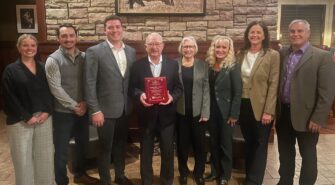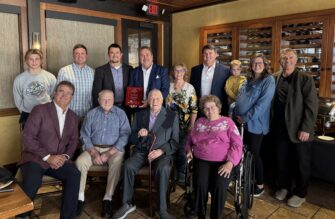Multigenerational ranch, lodge to host family business retreat
Recent News
Family alarm business grows into national leader
A business started decades ago by three Sioux Falls police officers selling alarm systems has grown into a national leader helping keep homes and businesses safe.
Back when Midwest Alarm Co. was founded in 1967, basic residential alarm systems were run off landline telephones that caused a light bulb on a wooden board to illuminate at Midwest when triggered.
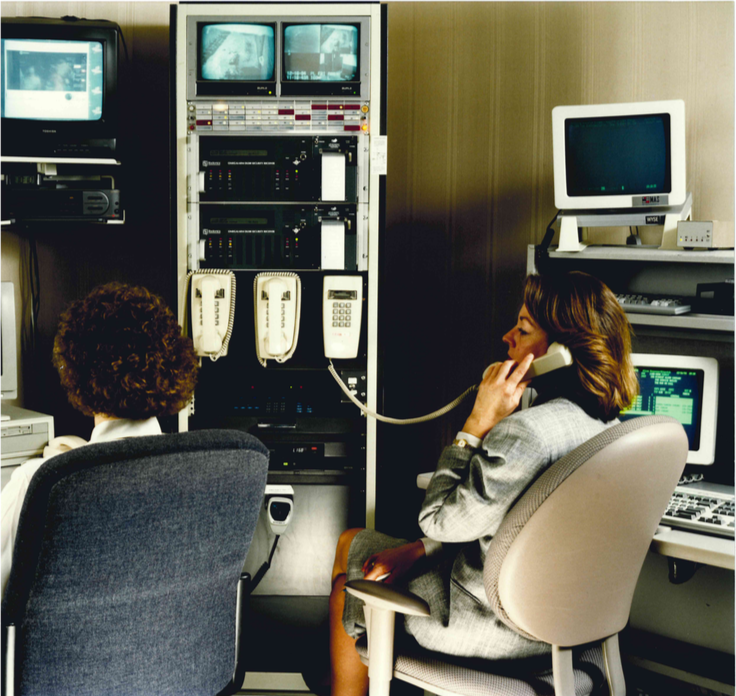
It was a small business, but it was enough to attract the attention of Dallas businessman Larry McMillen, who moved to Sioux Falls and bought it in 1976.
“He had been employed by Southwestern Bell telephone and had a lot of technology experience,” his wife, Marva, explained. “So he came and bought this little business that was really nothing.”
She joined the business when they married in 1996. By then, he had grown it to the point that they could expand further.
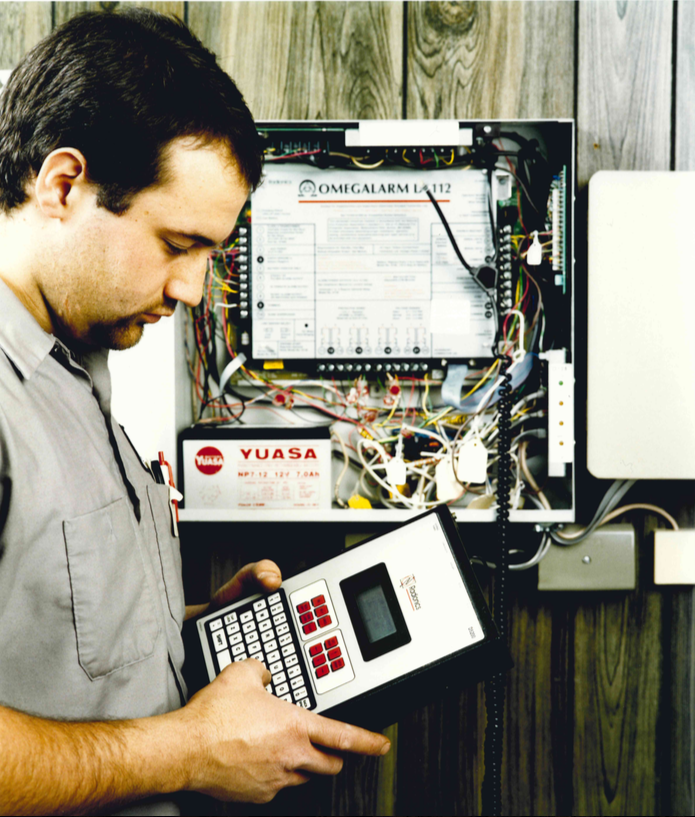
The business still is headquartered in Sioux Falls at 2300 S. Dakota Ave. but has evolved into the Midwest’s leading provider of electronic security and fire alarm systems, and a nationally recognized systems integrator. It owns and operates the only 24-hour U.L.-listed central monitoring station in the region, a designation given to agencies that meet certain regulations and typically offer higher levels of service.
It’s also the largest fire protection services company, serving 15,000 customers from Fortune 50 companies to military bases, cities and single-family homes.
And last year, it was recognized by Honeywell as the enterprise rookie of the year, the top-performing security dealer and systems integrator, and was featured on the cover of industry-leading publication Security Sales & Integration.
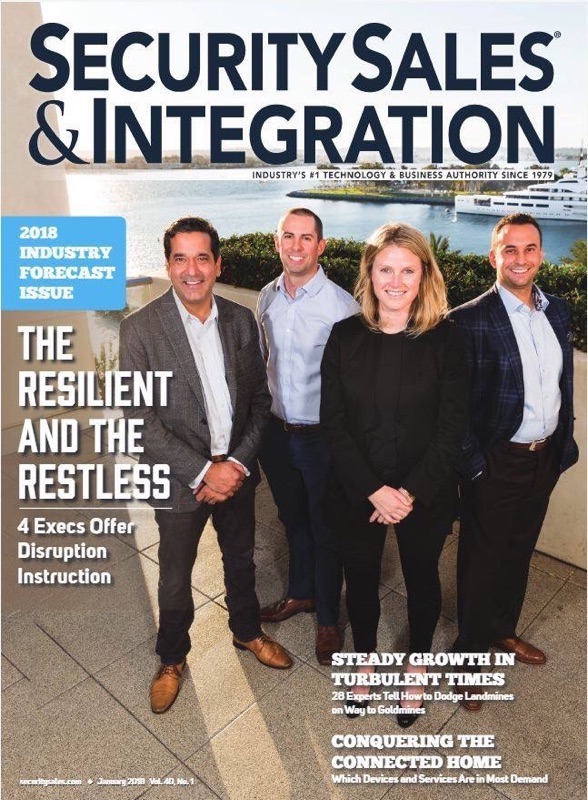
“This is not even the same company,” McMillen said, looking back on the business her husband bought decades ago, which has grown from three people to 75 employees.
Transition planning
Larry and Marva began thinking about transitioning their business as soon as they got married.
“Our most important thing we thought about was our company and the value of this company to our employees and their families. We thought the best thing we could do in planning this was from the moment we got married figuring out what our succession plan would be and which child had the knowledge and aptitude.”
That thinking easily led to their son, Tyler Blake, who grew up with family dinner conversation ranging from technology to current events, “and early on we picked up that Tyler would be the one to take this to the next level,” his mother said. “He was always the child with an extreme interest in technology, and he was very, very bright and was the best fit.”
Blake was in law school in Iowa when that early family business planning came into play.
“In 2012, Larry came home after we had worked all day. It was Christmas Eve, and he sat in a chair, said he felt fluid in his stomach and had to go to the ER,” McMillen said. “Our lives changed in one split-second, and he never made it back to the company.”
Six months later, he passed away.
“I had to have the ability at that point to run these companies, keep the employees abreast of what was happening and assure them I had the ability to do it and that Tyler would be coming back into the company after law school,” McMillen said.
Far from simply manning the ship, though, she grew the company to new heights, overseeing expansion into Sioux City, Omaha and most recently the Twin Cities.
Blake returned after law school and serves as chief operating officer.
“My goal has always been to be in business, so it didn’t matter what the business was. It was just being in business,” he said. “Growing up, I was always doing one thing or another to make money.”
Mother and son now oversee an increasingly sophisticated operation. Eighty percent of their clients are commercial, and their staff is comprised largely of engineers who have moved to Sioux Falls from all over the country.
“We’ve been able to hire brilliant people,” she said. “These people are probably some of the very best in the industry.”
Services now include cybersecure cloud-based systems that integrate access control, video surveillance, intrusion detection, photo ID badges, visitor management and code-conforming fire alarm and fire suppression systems.
“We sit at a unique intersection between a lot of different industries,” Blake said. “It’s kind of construction trade, kind of an IT company, and there’s a lot of different touch points and industries we serve, so things can change quickly.”
Leaving a legacy
Midwest Alarm is a member of the Prairie Family Business Association, and McMillen has found value in talking through her transition with leadership there.
“It just cemented in my mind we had done the right things,” she said. “We thought about this early on, and I went to a lot of their seminars and open houses, and sat with different business owners and talked to them.”
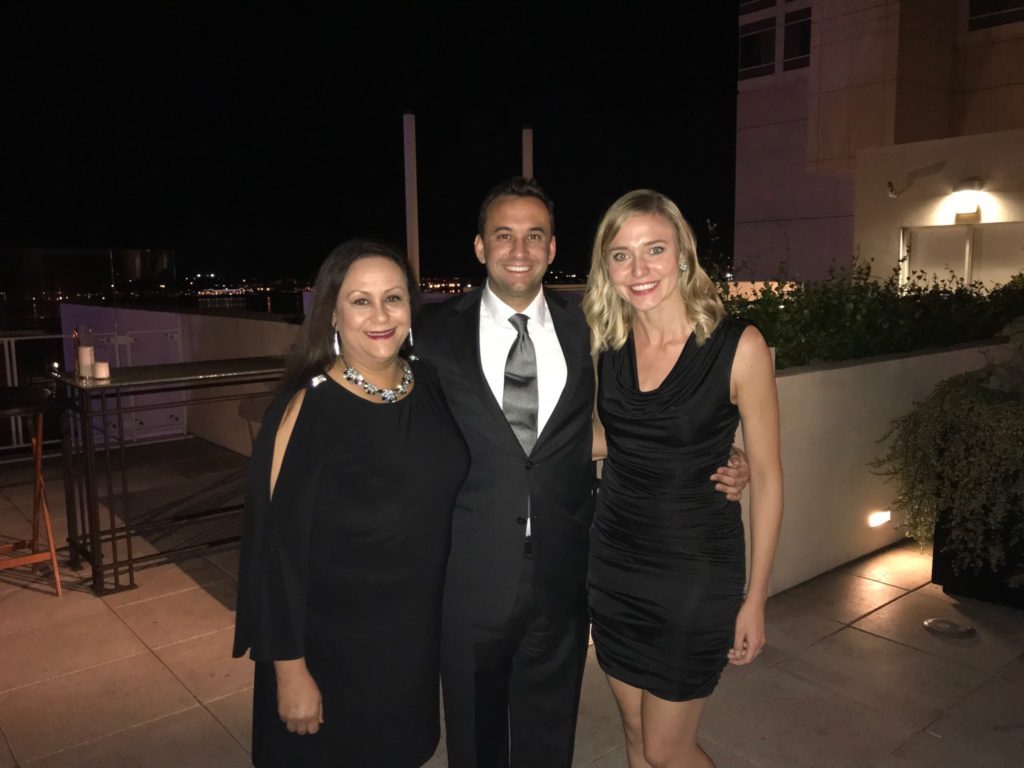
Her succession planning even goes beyond her son.
“If something would happen to Tyler, I have a daughter who is very capable too, but her interest right now hasn’t been in coming to the company.”
Midwest Alarm is a strong example for other businesses of how an intentional approach to succession can be invaluable, said Rebecca Zabel, business development manager for Prairie Family Business Association.
“Because the McMillen family took such an early and deliberate approach to planning for the future, their business was able to be sustained and even grow when tragedy struck,” she said.
“We’re very proud of their success not just evolving their business with technology but as they transition through generations. We appreciate their willingness to share their experience with other members, who definitely benefit from their perspective.”
The McMillen family has left a legacy for Larry in another way, too. Led by Marva, they helped raise funds for Ava’s House, Sanford Health’s new hospice facility.
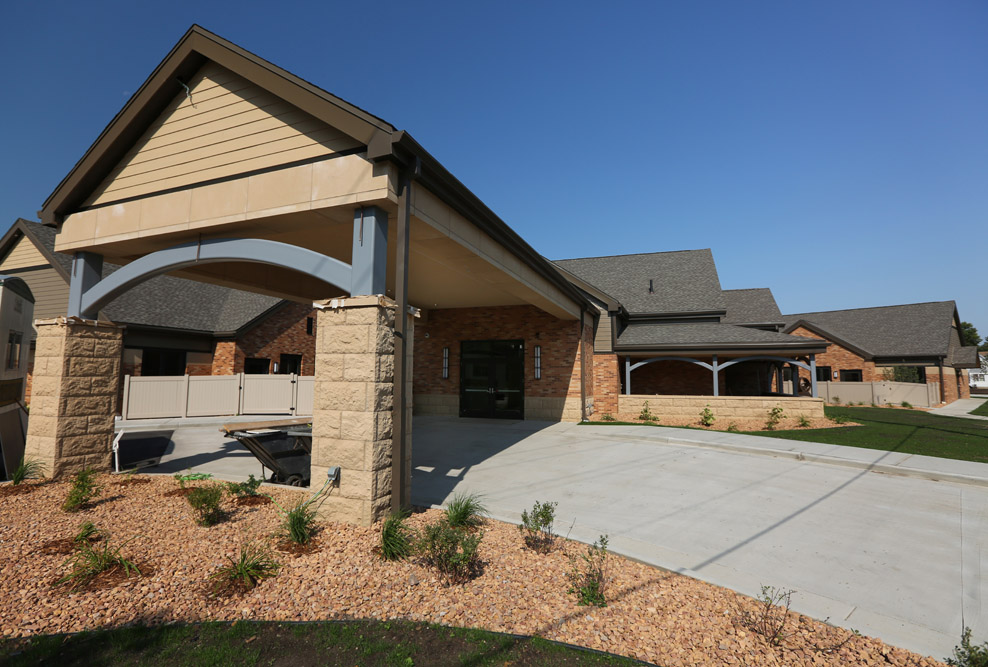
In a testimonial for the project, McMillen talked about becoming a full-time at-home caregiver for her husband in his final months while still trying to run a business because there wasn’t a hospice facility in the Midwest appropriately suited for him.
“This is a way for us to give back to the community that has done so much to support our family and our business,” she said. “It’s something that would have made such a difference for us, and now we’re grateful to have played a part in providing it for others.”

